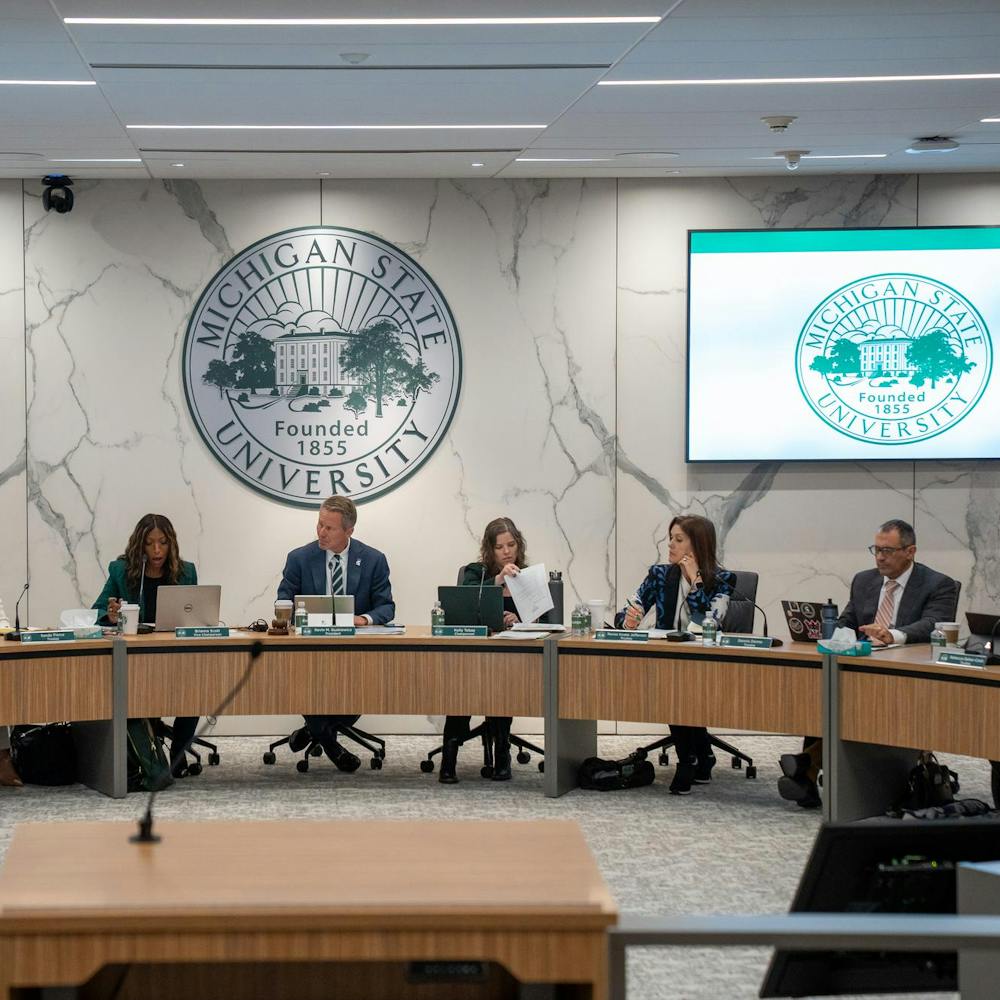It’s no mystery the rising cost of tuition is a laborious and excessive fee attached to broadening a student’s education.
But if you’re frustrated about how this charge seems to increase exponentially each year, you shouldn’t just direct the blame at the university, dwindling state appropriations or inflation.
You also should be upset at the people leading your lectures and grading your exams.
That’s right, tuition increases also could be because of your professors.
According to a report released last week by Education Sector and the American Council of Trustees and Alumni, a decline in the teaching loads of tenured faculty members could play a role in driving up tuition costs.
In the report, called “Selling Students Short: Declining Teaching Loads at Colleges and Universities,” the average number of classes taught by tenured professors has dropped by 25 percent since 1987.
This decrease, from 3.6 to 2.7 courses per semester, has been linked to an average increase of $2,598 in tuition costs at four-year colleges from 1987-2004.
At first glance, this study leaves mixed feelings about the obligation tenured professors should have toward their students. But the impact these people have in driving tuition costs doesn’t seem so cut and dry.
It goes without question that if a tenured professor has the means, and available time, to teach more courses each semester, it’s his or her obligation as both an educator and senior member of his or her institution to do so.
As expressed in the study, this decline in classes taught has been linked to an almost $3,000 increase in tuition costs for students.
Instead of paying more because of declining state funding and inflation rates, these findings indicate current college students could be paying more simply because of the laziness of the trained professionals responsible for preparing them for their future careers.
As unsettling as this information might seem, the results of this study seem incomplete and fail to determine whether this decline has impacted the more important element in college courses: the quality of the professor’s instruction.
It is impossible to put a dollar amount on how a decline in teaching loads corresponds to rising tuition costs and the thoroughness of the education a student is receiving.
Just as difficult as pinpointing an answer to this question might seem, the obvious solution of requiring tenured professors to teach more classes per semester seems equally barren.
The cost of acquiring a college degree has become an overwhelming burden for many students to incur, but it is the larger promise of what this investment will lead to that measures its worth.
Although requiring tenured professors to teach more classes per semester could lower tuition costs by a small amount, if the caliber of instruction the students receives begins to suffer, it isn’t worth the bargain.
If universities really want to put the needs of their students first, they should work with tenured professors to determine those best suited to provide the best instruction for their students.
The cost of tuition is a problem that shows little sign of reversing itself any time soon.
But the obligation universities and professors have in providing students with the best possible education is something that never should be in question.
Support student media!
Please consider donating to The State News and help fund the future of journalism.
Discussion
Share and discuss “Rising tuition could be fault of tenured staff” on social media.






